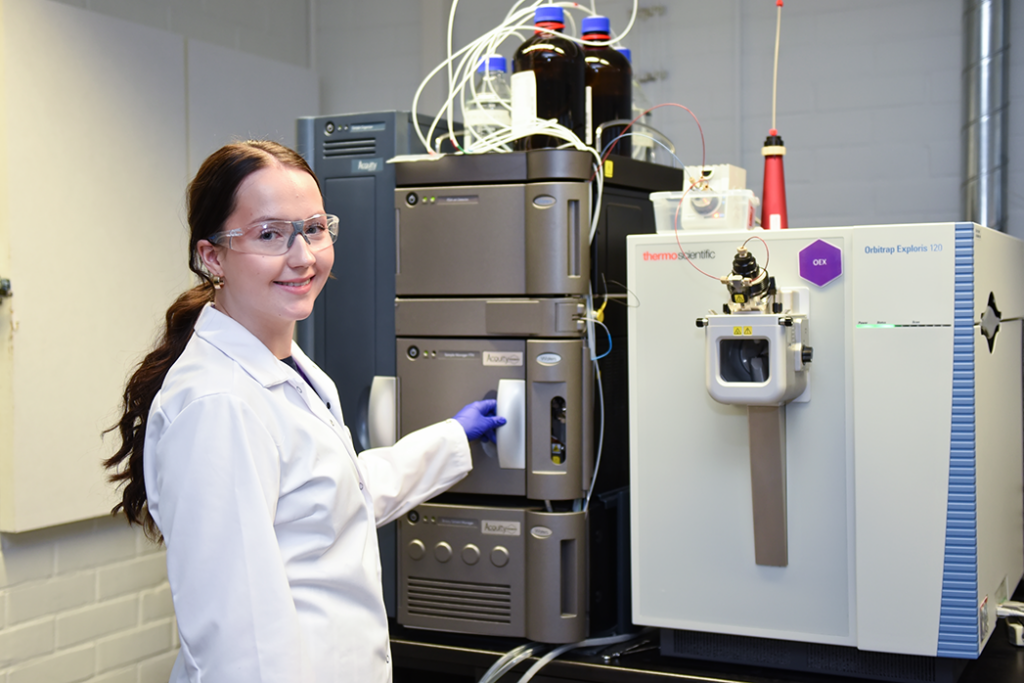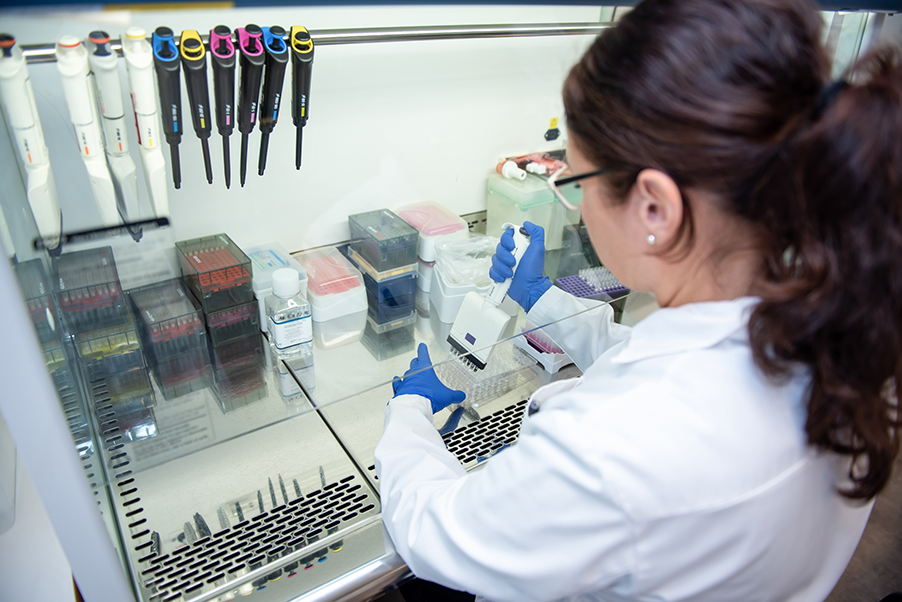As your project advances into the development phase, the focus shifts from rapid early ADME screening to generating high-quality, regulatory-aligned data and we are here to support you at every step towards the clinic.
Our development-stage ADME services are designed to meet regulatory expectations as per the in vitro DDI guidelines. We’re here to support your needs with a full suite of in vitro assays designed to assess potential drug-drug interactions (DDIs) covering both enzyme and transporter mediated interactions, which can be further coupled with plasma protein binding, solubility assessment, and not forgetting metID cross-species comparison to support the selection of tox species either. Our scientific experts are also available to assist with assay design and data interpretation, ensuring you get the most out of every study and with our tailored assays, we can find the optimal design for your compound. In addition to small molecules, our experience covers multiple other modalities, such as peptides, oligonucleotides and ADCs.

Metabolism mediated interactions
Comprehensive CYP reaction phenotyping is performed using a dual approach: human liver microsomes combined with CYP-selective inhibitors, and recombinant CYP enzymes. And the assay can be conducted with or without metabolite identification. Does your compound have a low turnover? Don’t worry, we’ve got that covered, too, with low clearance models that can be applied for both stability and metID assessments, but also for CYP phenotyping. Furthermore, our phenotyping experience goes well beyond CYPs and UGTs, when there is a need to investigate other drug metabolizing enzymes.
For evaluating CYP inhibition, either microsomes or hepatocytes can be applied for providing IC₅₀ and IC₅₀ shift values. When needed, follow-up assays using individual CYP enzymes are conducted to determine kinetic parameters. Various non-CYP enzymes are also included in our enzyme inhibition services portfolio, such as UGT, CES and SULT.
In assessing CYP induction potential, we typically begin with the key enzymes CYP1A2, CYP2B6, and CYP3A4 —primarily at the mRNA level, with the option to include enzyme activity measurements. The full protocol also considers compound stability, solubility, cytotoxicity and unbound fraction in the incubation conditions. Additionally, induction of CYP2C enzymes and UGTs can also be investigated as part of a comprehensive induction assessment.

Transporter mediated interactions
Our full panel of transporters supports your project in both substrate and inhibition assessments, and the assays are fully aligned with the latest guidance. Our team is here to help you to set up the concentration range and help with the selection of transporters to be tested.
Thinking of quality?
At Admescope, we have a robust quality management system in place. Our standard quality check is applied for all the research services we cover, and if required, for the most critical data for submissions, we can add another layer of quality check. Read more from the latest blog post.
When working with Admescope and Symeres, you benefit from a fully integrated offering—ensuring scientific continuity and efficiency when transiting from discovery to development.
Contact our team today to discuss how we can advance your project together!
Alternatively, you can submit a quote request through our Admeshop!
